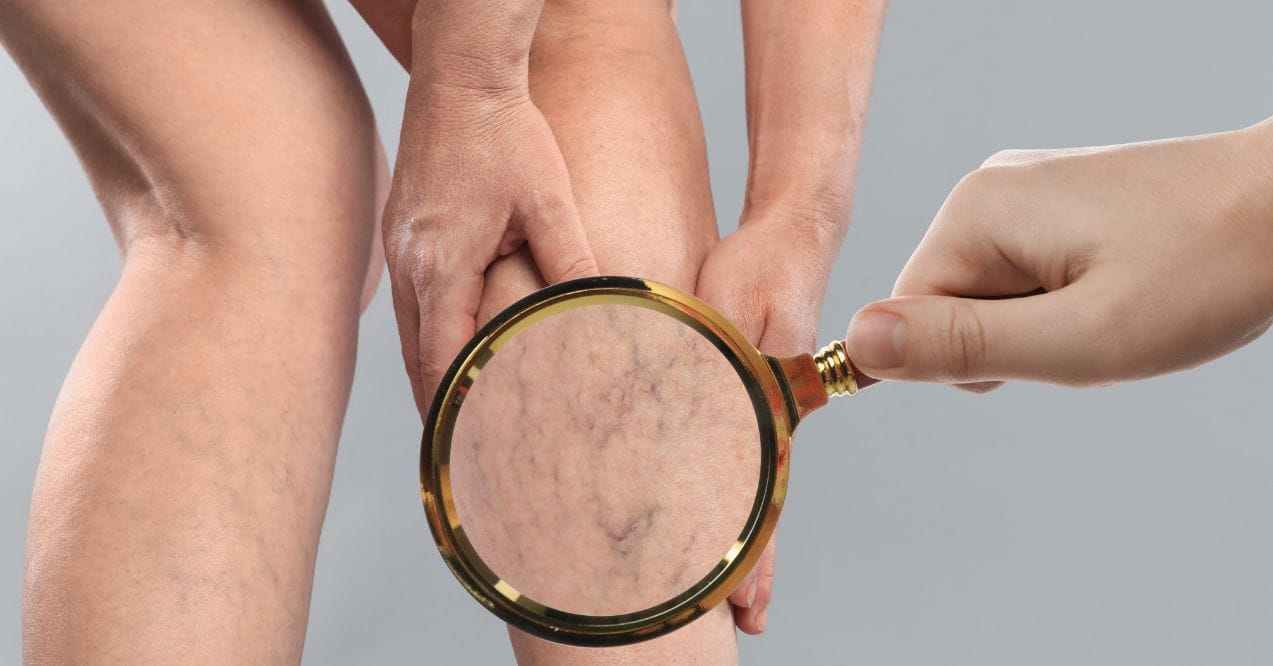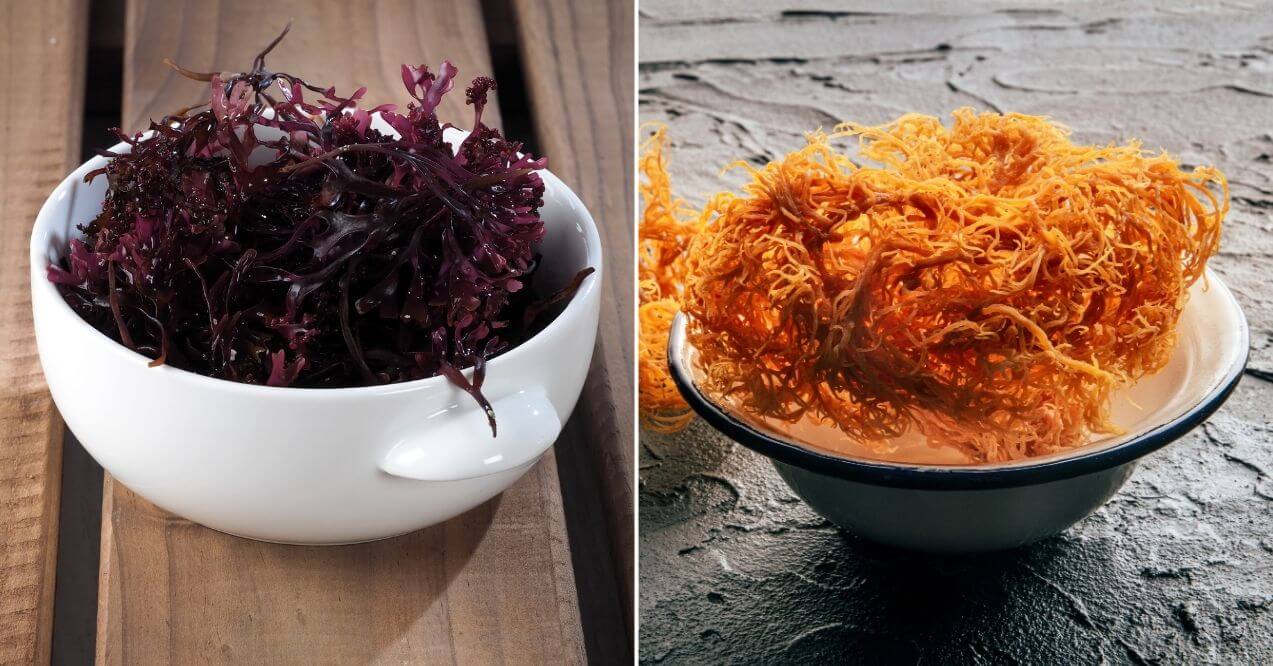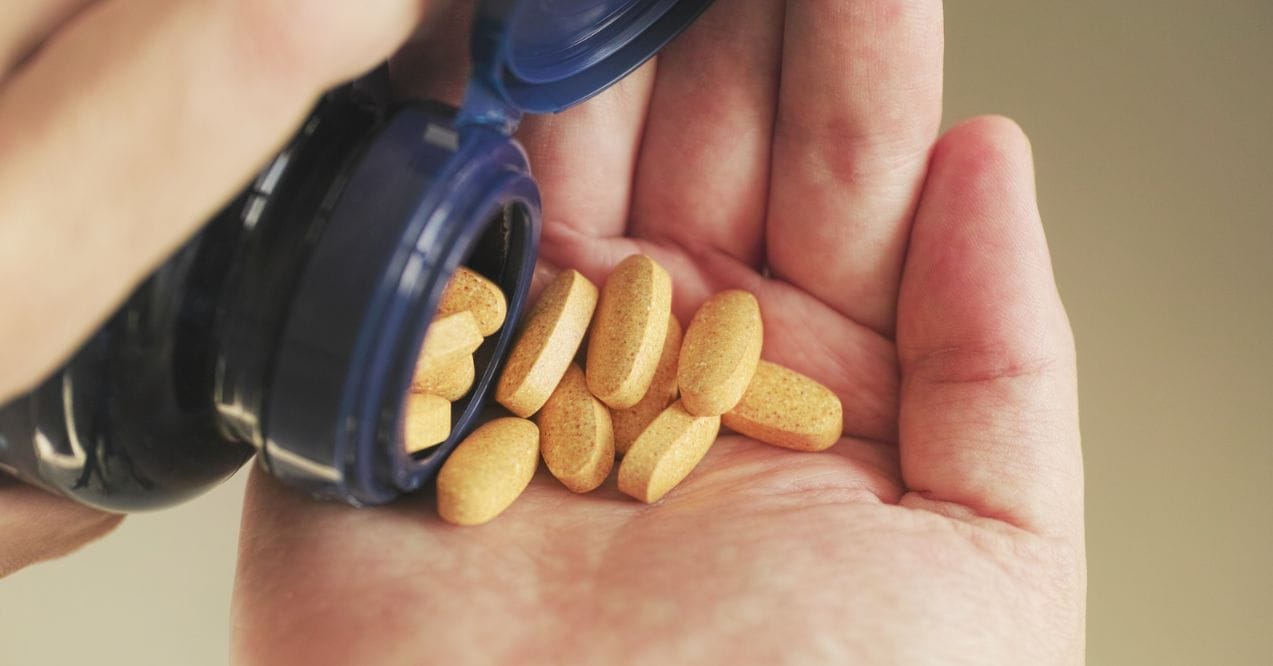6 Useful Tips About Diet After Thyroid Removal
Medically reviewed by our experts


Welcome to your complete guide that will help you navigate the world of diet after thyroid removal. Even though small, the thyroid plays a significant function in the body. It greatly influences your energy levels and metabolism. Without it, you need to carefully consider the nutrition you require for good health.
Whether having a partial or complete thyroidectomy, you must be aware of your food. This guide delves into 10 invaluable tips tailored to support your health. Each recommendation empowers you and lets you make informed choices about your diet. Remember, your journey toward wellness is unique. While it may present challenges, it will inevitably lead to nourishment and vitality.
What Happens After Thyroid Removal Surgery?
Thyroid removal surgery brings significant changes because the thyroid gland, responsible for regulating metabolism and energy levels, is removed. This leads to hypothyroidism, marked by symptoms like fatigue, weight gain, and cold intolerance.
To manage this condition, lifelong thyroid hormone replacement medication is typically required. During recovery, pain management, voice changes, and monitoring calcium levels, especially if the parathyroid glands are affected, are crucial. Damage to these glands can cause low calcium levels, requiring supplements.
With careful management, including hormone replacement and calcium supplementation, individuals can lead normal lives post-surgery. Regular monitoring by healthcare providers ensures balanced hormone levels and prompt symptom management. Incorporating calcium and vitamin D, as part of the best supplements for optimal health, helps maintain proper nutrient balance and supports overall well-being during recovery, promoting a healthier, more stable lifestyle after surgery.
What’s The Ideal Diet After Thyroid Removal Surgery?
The ideal diet after thyroid removal surgery focuses on supporting overall health, promoting healing, and managing potential changes in metabolism and hormone levels. While there’s no one-size-fits-all approach, here are some general dietary guidelines:
1. Start Soft
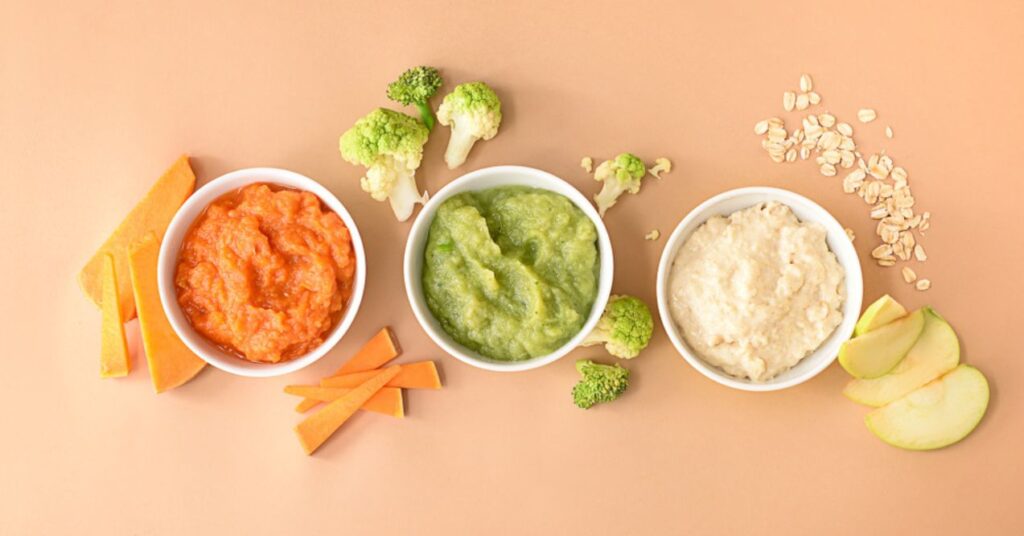
In the immediate aftermath of thyroid surgery, your throat may feel sore and tender. To minimize discomfort, begin with soft, easy-to-swallow foods such as:
- Smoothies
- Soups
- Mashed foods
These options are gentle on the throat and provide essential nutrients needed for healing.
2. Avoid Irritants

Steer clear of spicy, hard, or sticky foods during the initial recovery period. These types of foods can irritate the throat and hinder the healing process. Instead, opt for mild, bland options that won’t aggravate any discomfort.
3. Gradually Introduce Nutrient-Rich Foods
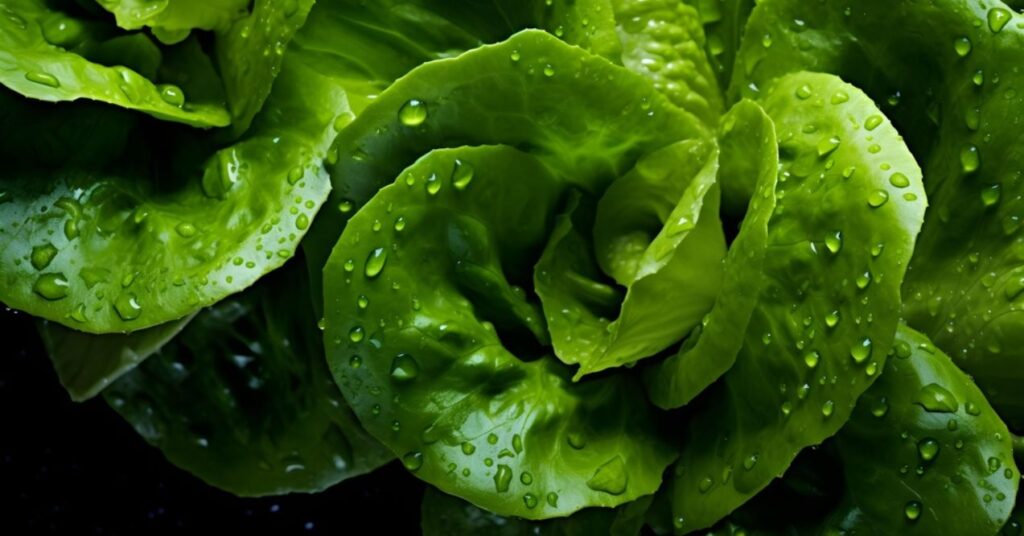
As you start to feel better, gradually introduce nutrient-rich foods into your diet. Berries, vegetables, lean proteins, and foods rich in vitamin B can help support your recovery by providing essential vitamins, minerals, and antioxidants.
4. Stay Hydrated

Proper hydration is crucial for healing and overall health. Be sure to drink plenty of water throughout the day to stay hydrated and aid in the recovery process.
5. Avoid Constipation Inducing Foods

Some foods can contribute to constipation, which may be exacerbated by pain medications or changes in activity levels after surgery. To prevent constipation, avoid foods that are high in refined sugars, processed foods, and red meat. Instead, focus on incorporating high-fiber foods like whole grains, fruits, and vegetables into your diet.
6. Consult Your Healthcare Provider For Diet Recommendations

Every individual’s recovery journey is unique, so it’s essential to consult with your healthcare provider for personalized dietary advice. They can offer guidance based on your specific needs, preferences, and medical history.
By following these dietary tips, you can support your recovery after thyroid surgery and promote overall well-being. Remember to listen to your body and make adjustments to your diet as needed, and don’t hesitate to reach out to your healthcare provider if you have any questions or concerns.
What Foods Can Help My Thyroid in the Long Run?
While there’s no specific diet to cure hypothyroidism, certain foods may help support thyroid function and overall health in the long term. Most foods in western diets contain iodine, a mineral crucial for thyroid hormone production. However, it’s important to note that if you have low levels of thyroid hormone, eating iodine-rich foods alone may not be sufficient to increase hormone levels significantly. The most reliable way to address low hormone levels is through prescription medication from your healthcare provider.
Foods high in iodine include:
- Eggs
- Dairy products
- Meat
- Poultry
- Seafood
- Edible seaweed
- Iodized salt
However, people with thyroid conditions should be cautious about consuming large amounts of iodine, as it can have paradoxical effects.
In addition to iodine-rich options consider incorporating other thyroid-supporting nutrients into your diet.
- Selenium – Eating selenium-rich foods can help your body after thyroid surgery. Excellent sources of this mineral include Brazil nuts (in moderation), seafood (such as tuna, sardines, halibut, and shrimp), eggs, and sunflower seeds.
- Zinc – Zinc is essential for thyroid hormone synthesis and efficient functioning after thyroid surgery. Incorporating zinc-rich foods like oysters, beef (such as sirloin or flank steak), skinless chicken breast, and shellfish (while being cautious of mercury content) into your diet can provide this vital nutrient.
- Fiber – Fiber is crucial for healthy weight management and digestive health, both significant aspects after thyroid surgery. Include fiber-rich foods like fruits (blueberries, black currants, apples, pears, citrus fruits), vegetables (beans, broccoli, Brussels sprouts), and whole grains (brown rice, quinoa, whole wheat) in your daily diet.
- Lean Proteins – Lean proteins are essential for muscle maintenance, energy, and recovery after thyroid removal. Incorporate chicken, turkey (skinless breast), seafood (tuna, salmon, cod), legumes (peas, beans, lentils), and lean cuts of beef (such as sirloin or flank steak) into your meals.
If you are into natural foods, consider reading about the best herbs for the thyroid health too. It’s a good way to continue promoting thyroid function naturally.
Working with your healthcare provider or a nutritionist to craft a meal plan tailored to your needs is essential. Your food serves as your fuel, and ensuring you eat foods that support your body, in addition to taking prescribed medications as instructed, can help maintain your health over time.
Before making any significant dietary changes, especially if you have a medical condition like hypothyroidism, it’s crucial to have a conversation with your healthcare provider. They can provide personalized guidance and ensure that any dietary adjustments are safe and appropriate for your individual needs.
Easing Thyroid Symptoms – Ways to Feel Better
If you’re struggling with thyroid symptoms like fatigue or mental fog, there are some new options to help you feel better.
- Desiccated Thyroid Extract (DTE) – This is made from animal thyroids and has both T4 and T3 hormones. It might be worth trying if you’re still feeling symptoms on standard medication.
- Combination Therapy – This mixes two thyroid hormones, T4 and T3, together. Some people find it helpful when standard medication alone isn’t enough.
The key is to talk to your doctor about what might work best for you. Everyone’s different, so it’s important to find the right treatment that suits you and your symptoms.
Conclusion
In conclusion, while thyroid removal surgery necessitates lifelong hypothyroidism management, dietary adjustments can significantly aid recovery and long-term well-being. Starting with soft foods and gradually incorporating nutrient-rich options supports immediate healing. A diet rich in iodine, selenium, zinc, fiber, and lean proteins promotes long-term thyroid health.
It’s crucial to stay attuned to your body’s needs and maintain open communication with your healthcare team for personalized guidance and support.
A balanced diet after thyroid removal is crucial. It helps you manage weight gain, supports your body’s changing metabolism, and ensures you get vital nutrients for overall health.
For long-term recovery, eat a lot of natural and unprocessed foods, such as fruits, vegetables, and whole grains. Include nutrient-rich options like seafood, Brazil nuts, and lean meat as well. Manage fiber with fruits and vegetables. Finally, do not overdo alcohol.
Sure, you can eat soy foods in moderate quantities after having your thyroid removed. However, you should avoid large amounts. Also, limit consumption right after taking your thyroid drugs.




